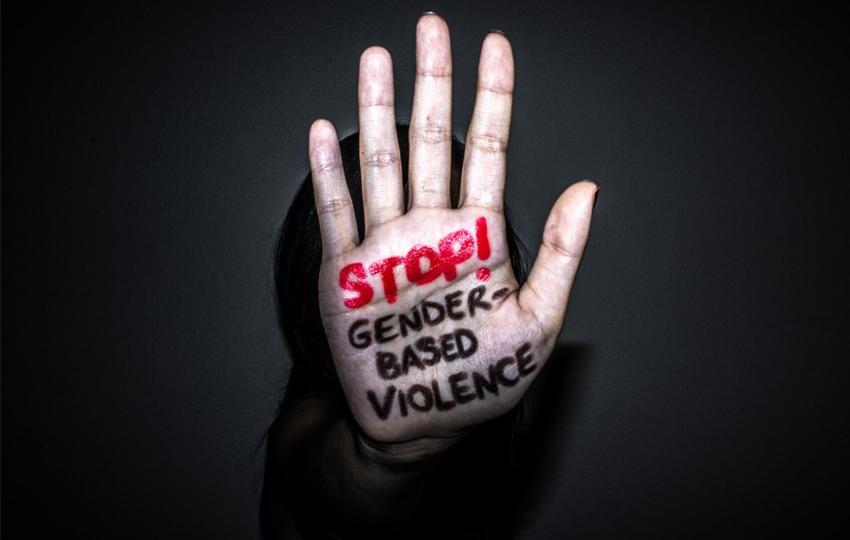Africa-Press – Tanzania. THE public has been advised to develop comprehensive interventions for prevention and responses to sexual harassment and other gender based violence in public places.
The advice was given here yesterday by UN Women’s Programme specialist on ending violence against women and girls, Ms Lucy Tesha during the opening of a training of trainers on mental health and psychosocial support and its gender violence dimensions.
She said it is high time for the public and communities to come up with activities that intend to achieve comprehensive interventions for prevention and response to sexual harassment in public spaces and other forms of gender based violence.
Ms Tesha said if the coordination with other stakeholders is enhanced then gender based violence and sexual harassment will be dealt accordingly with interventions set up by the respective communities as per their convincing attributes. She said they organised the five-day training which among others is aimed at building capacity of training of trainers on their roles and responsibilities in handling gender based violence prevention and response.
Participants to the capacity building training which involved representatives from the mental health and psycho-social department from the Ministry of Health, Community Development, Gender, Elderly and Children, Institute of Social Work said the training has come at an ideal time as the incidents needs measures to end them.
Others participants were representatives from Segerea remand prison, Tanzania Social Workers Association (TASWO), social welfare officers, community development officers and health care providers among others.
She said the training also is aimed at empowering the training of trainers to create and development environments which promotes the psychological and social well-being of people around them. On his part, Head of Mental Health and Substance Use from the Ministry of Health Dr Shadrack Makubi was optimistic that by the end of the training participants will earmark the most vulnerable groups and devise a strategy to support them.
“We expect them to outline types of most vulnerable groups, explain associated risks to them , provide mental health, psychosocial care and support services as well as managing gender based violence in their areas of command” said Dr Makubi.
He said the trainers will be able to do so by maintaining family structure and responsibilities in their communities, supporting survivors to normal routines like ensuring children are sent back to school after a certain trauma.
“Having experienced higher risk of violence, that may cause trauma and stress to the victims majority of them who are children and women, but with the increased number of trained caregivers, gender-based violence experts they may assist to solve some psychosocial problems” said Dr Makubi







